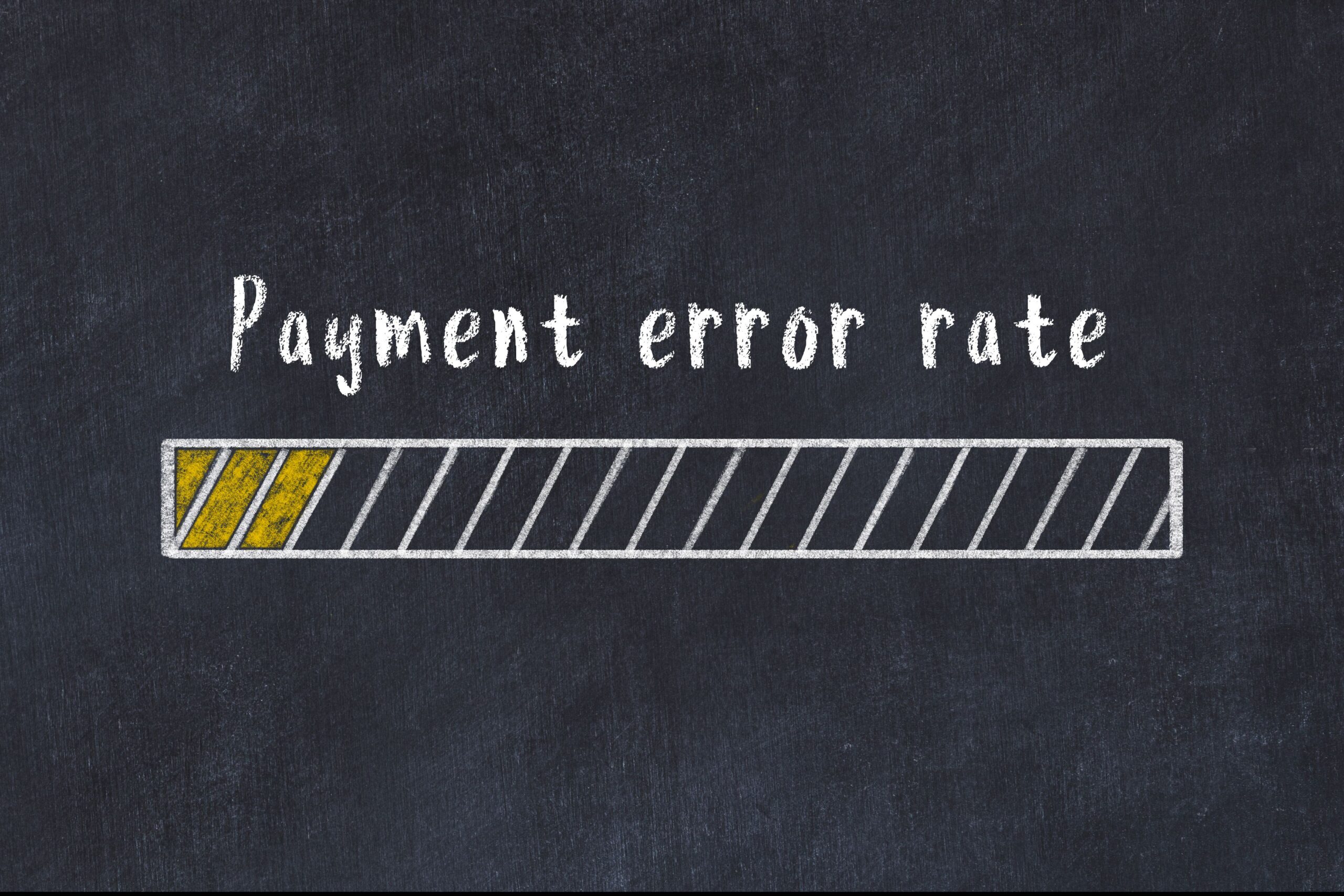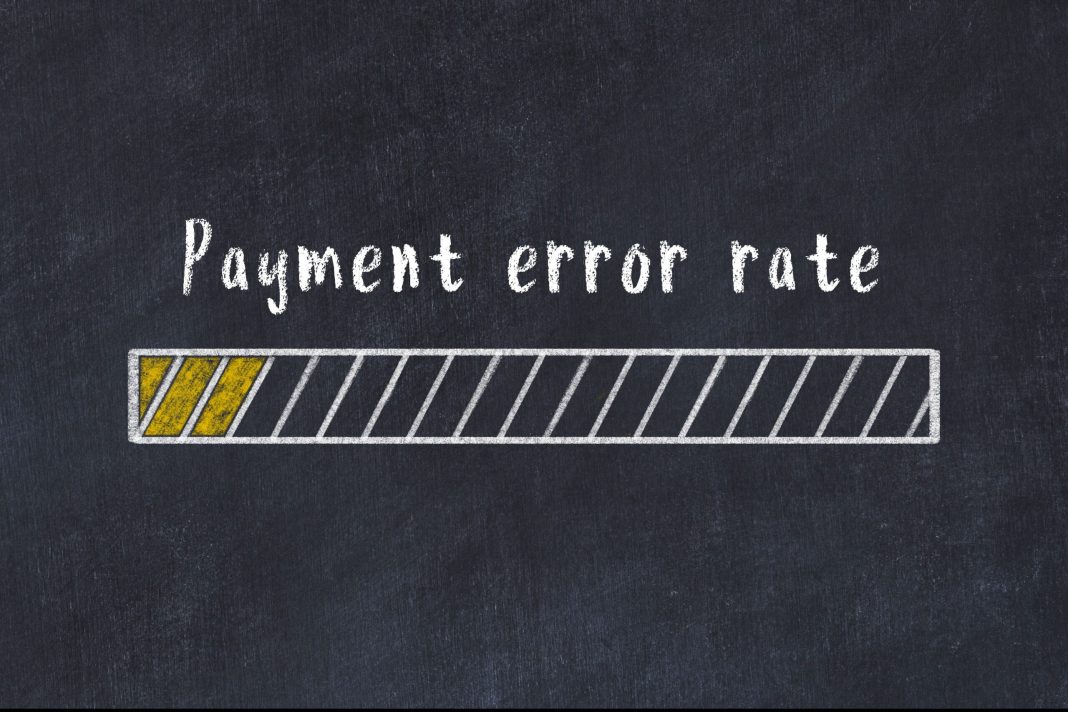
Government Watchdog Report Reveals $2.7 Trillion Lost Due to Fraud and Improper Payments
Introduction:
A recent report from the Government Accountability Office (GAO) has shed light on a significant problem plaguing the federal government. Over the past two decades, a staggering $2.7 trillion in taxpayer funds has been lost due to fraud and other types of improper payments. This report underscores the urgent need for stronger oversight and prevention measures to safeguard taxpayer funds.
The Magnitude of Improper Payments:
According to the GAO report released on September 10, improper payments pose a major financial drain on the government’s fiscal oversight. In 2023 alone, improper payments across federal agencies amounted to a shocking $236 billion. Since 2003, the cumulative total of improper payments has reached an astonishing $2.7 trillion. Currently, the federal government is estimated to be losing between $233 billion and $521 billion annually in taxpayer dollars.
Key Programs Responsible for Improper Payments:
Six key programs have been identified as major contributors to improper payments. These programs are Medicare, Medicaid, Pandemic Unemployment Assistance, Paycheck Protection Program Loan Forgiveness, Earned Income Tax Credit, and Supplemental Security Income. Combined, these programs accounted for approximately $200 billion of the total estimated $236 billion in improper payments last year. Notably, all six programs are either currently on the GAO’s High-Risk List or have been on the list in recent years, indicating vulnerabilities to fraud, waste, abuse, and mismanagement.
The Importance of Addressing Improper Payments:
Orice Williams Brown, the GAO’s chief operating officer, emphasized the significance of reducing improper payments to help lower the deficit. Brown stated during a hearing before the House Government Operations and the Federal Workforce Subcommittee that addressing improper payments and fraud in these key program areas is essential given the current fiscal environment. The GAO’s recent report on the nation’s fiscal health highlighted the unsustainable long-term fiscal outlook faced by the federal government, driven by rising spending in healthcare, interest on debt, and Social Security. Strengthening payment integrity, including reducing improper payments, is crucial in tackling this issue and reducing the deficit.
Recommendations for Improving Oversight and Prevention:
While federal agencies have made progress in implementing the GAO’s recommendations for the six program areas, there is room for improvement. Brown suggested that Congress could utilize various tools, such as hearings, appropriations, and scorecards, to enhance oversight and encourage federal agencies to improve program integrity and reduce fraud. Scorecards would enable Congress to monitor agency performance in detecting, preventing, and recovering improper payments. Additionally, Brown urged lawmakers to reinstate a requirement for agencies to report on their antifraud controls and fraud risk-management efforts in their annual reports, thus increasing congressional oversight.
Establishing an Analytic Center of Excellence:
To further combat improper payments and fraud, the GAO recommends the establishment of a permanent “analytic center of excellence.” This center would assist oversight agencies in identifying improper payments and fraud through advanced analytics. By identifying fraudsters before they can defraud multiple federal programs, this measure could result in at least $1 billion in annual financial benefits.
Improving Data Sharing and Removal of Deceased Individuals from Payment Systems:
Another key recommendation is amending the Social Security Act to make the sharing of full death data between the Social Security Administration and the Treasury’s Do Not Pay system a permanent requirement. This amendment would enhance the government’s ability to deploy advanced analytics to prevent fraud. Additionally, consistent removal of deceased individuals from payment systems would reduce the risk of improper payments to ineligible participants.
Insight from Michael Horowitz, Inspector General of the Department of Justice:
Michael Horowitz, the inspector general of the Department of Justice and chair of the Pandemic Response Accountability Committee, also testified during the hearing. He stressed the importance of establishing a permanent analytic center to identify fraudsters across multiple government programs. By proactively targeting fraudsters, the government can prevent them from stealing money from various programs. This measure alone could save at least $1 billion annually.
Conclusion:
The GAO report’s findings highlight the urgent need for stronger oversight and prevention measures to combat fraud and improper payments. By implementing recommendations such as establishing an analytic center of excellence, improving data sharing, and enhancing agency reporting, the federal government can significantly reduce the financial drain caused by improper payments. Taking these steps is crucial not only to protect taxpayer funds but also to address the unsustainable long-term fiscal outlook faced by the government.


